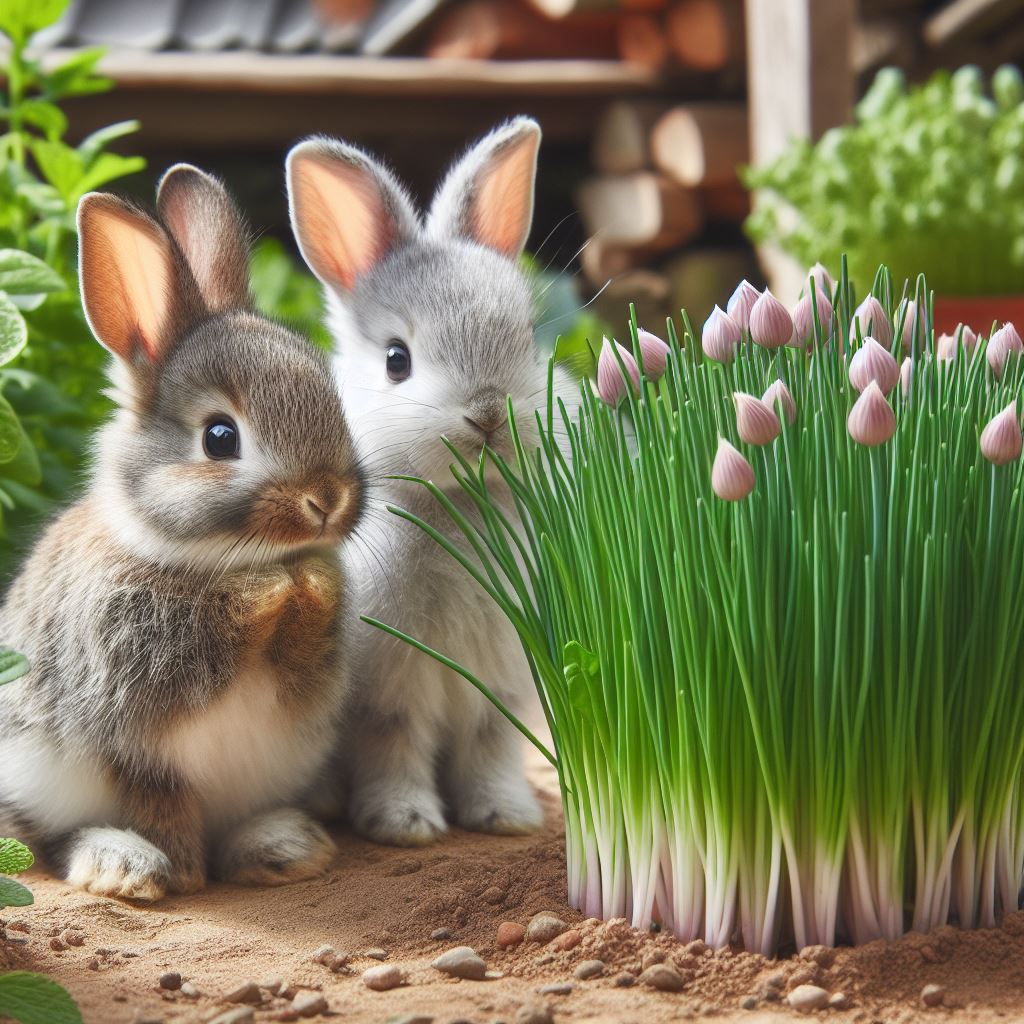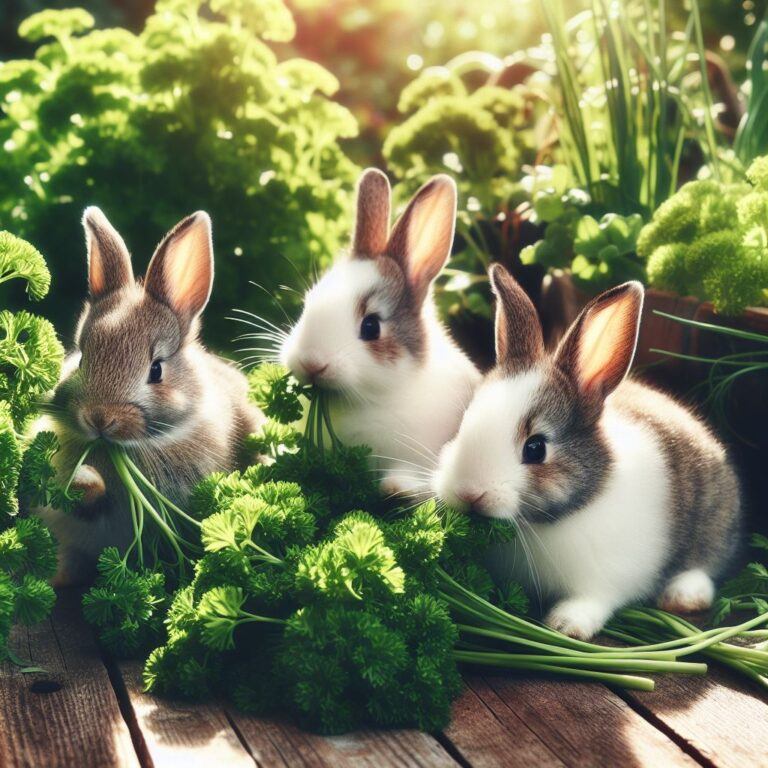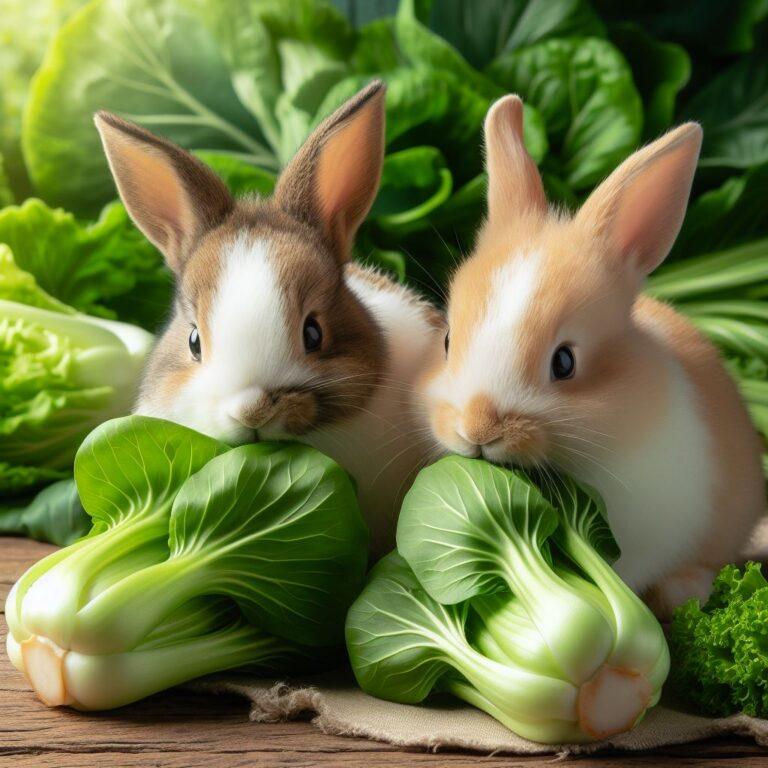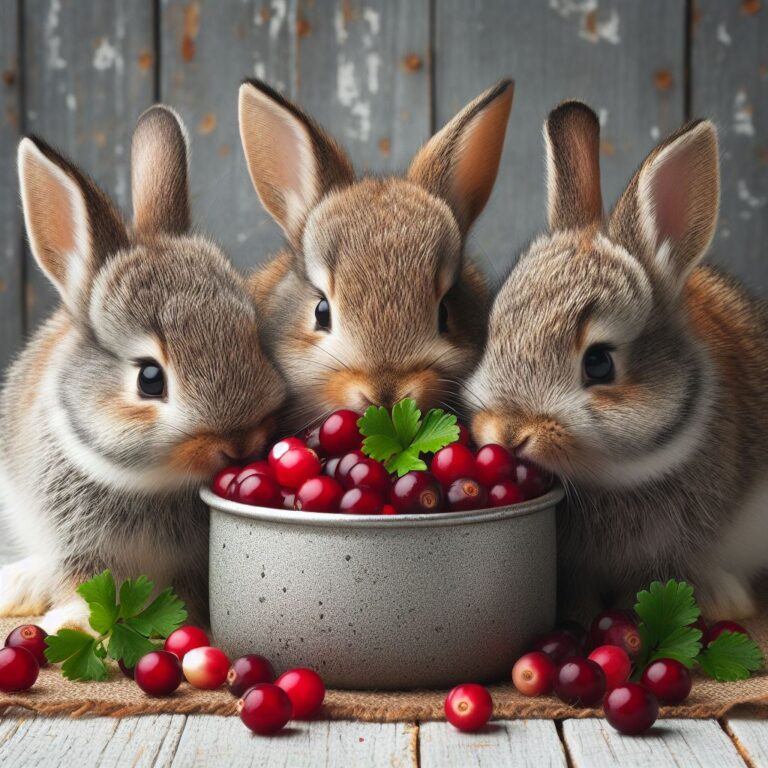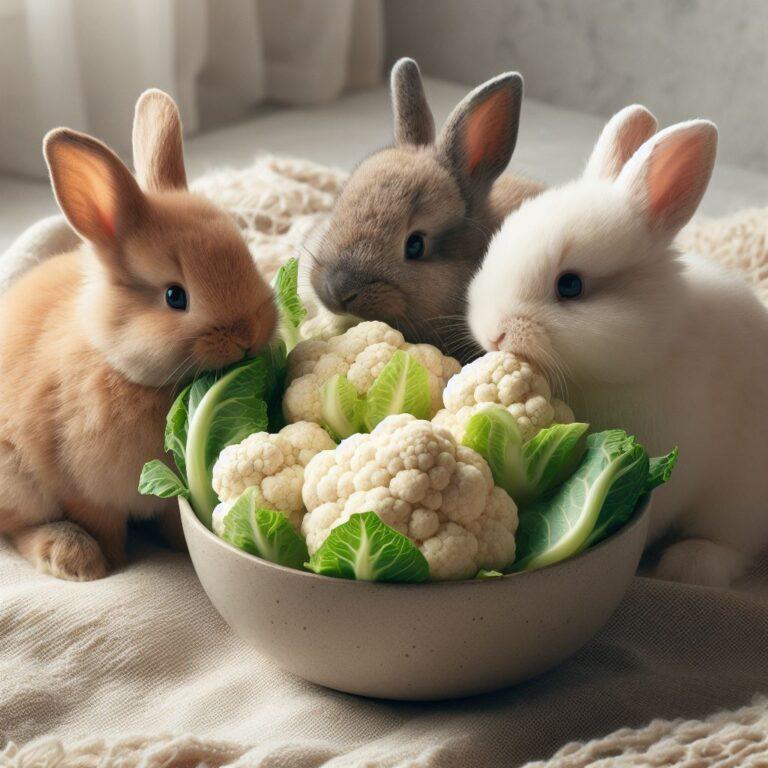Can Rabbits Safely Eat Chives
No, rabbits cannot safely eat chives. As tempting as it might be to share certain tasty herbs with your furry friend, it’s crucial to know that chives are toxic to rabbits and should not be one of them. They contain substances that can cause hemolytic anemia, damaging red blood cells, and potentially leading to a life-threatening situation.
You might see your rabbit sniff curiously at chives or even nibble at them if given the chance, but please do not let them do this.
The main risk with chives, and indeed all members of the allium family which includes onions, garlic, and leeks, is that they contain organosulfur compounds.
In rabbits, these can disrupt red blood cell function, leading to weakness, lethargy, and in severe cases, requiring urgent veterinary care.
For those of us who care deeply about our rabbits’ welfare, it’s essential to provide a diet that’s both nourishing and safe.
I know rabbits have a reputation for being able to eat a wide range of vegetables and herbs, but this is not always the case, and a reminder that not all human foods are suitable for them.
Expert advice from vets and animal nutritionists reaffirms that chives should never be on the menu for rabbits.
Why Chives Are Dangerous for Rabbits
Chives, a common kitchen herb, are a strict no-go for your furry friend. They belong to the Allium family of plants, which also includes onions, garlic, and leeks, all of which are toxic to most pets, including rabbits.
The culprit behind the toxicity is a group of compounds called thiosulfates. While humans can safely digest these, rabbits cannot.
When your rabbit ingests thiosulfates, the compounds can cause hemolytic anemia, which is the destruction of red blood cells.
This condition can be life-threatening and requires immediate veterinary attention.
If a rabbit does consume chives, the signs of poisoning can be quite serious but also subtle at first. You might notice lethargy, a refusal to eat, or trouble breathing.
Turning to expert advice, veterinarians warn that small amounts of chives can cause a negative reaction.
Rabbits have sensitive digestive systems, designed primarily for hay, fresh vegetables, and water. So, I always recommend sticking to a rabbit-friendly diet based on info from your vet.
Safe Alternatives to Chives
Understanding that chives are off-limits for rabbits, you might wonder what foods are both safe and healthy.
A balanced diet is vital for your rabbit’s longevity and well-being. A variety of hay, such as timothy, orchard, or oat hay, should form the bulk of their diet, supporting their digestive system and dental health.
Fresh vegetables do more than just add excitement to meals; they supply essential nutrients. Leafy greens like romaine lettuce, bok choy, and spinach are excellent choices.
As for a few fresh veggies, my bunnies always enjoy a slice or two of pumpkin, courgette, or celery.
Just remember, to introduce new foods gradually to avoid upsetting your rabbit’s stomach.
Fruits can be given as occasional treats, but again in moderation due to their high sugar content.
Think about seedless apple or watermelon slices or a small number of blueberries or cranberries as a special reward.
Keep in mind, your rabbit’s diet must be as close to their natural diet as possible. This means focusing on high-fiber, low-sugar foods which are what they would find in the wild.
I always suggest talking with a vet before you make any changes to your rabbit’s diet. They can provide personalized advice tailored to your rabbit’s specific needs.
Remember, a well-informed approach to feeding will ensure your furry friend is hopping happily for years to come.

